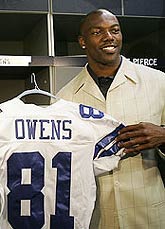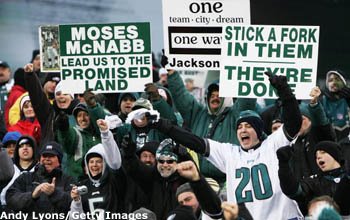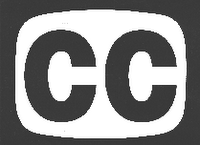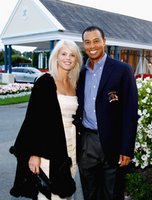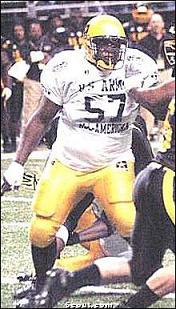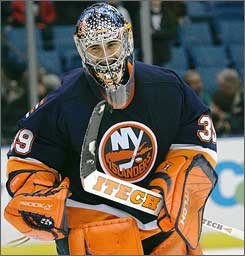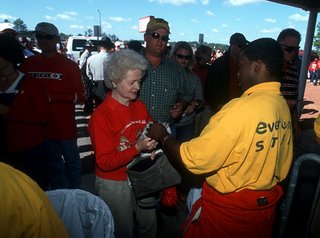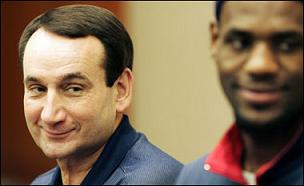Yesterday, you arbitrated Larry Brown's dispute over $40 million owed on his contract following his firing by the New York Knicks (see Geoffrey Rapp's previous summary of the legal issues involved in the dispute). Keep in mind that you are serving as an arbitrator, and not as a mediator, of a legal dispute that involves a simple legal question: Did the Knicks terminate Brown for cause? -- however that term is defined in the contract. If the answer is yes, then Brown gets nothing. If the answer is no, then Brown gets $40 million.
A proper legal analysis here does not allow for an in-between award. IF you determine that Brown was terminated without cause, the Knicks will attempt to argue that they have been monetarily damaged as a result of Brown's criticism of players, roadside interviews and attempting to make unauthorized trades, and that the $40 million owed should be offset by the damages flowing therefrom. But the only way the Knicks could possibly be entitled to any damages as a result of these breaches would be if the Knicks asserted claims for these breaches BEFORE terminating Brown. Instead, the Knicks decided to terminate Brown, and, if they did not have the right to do so, they materially breached and are not entitled to any damages.
As precedent, you can rely on the recent Ohio Court of Claims decision involving an analogous situation in which Jim O'Brien was terminated for cause by Ohio State. The court determined that Ohio State did not have the right to terminate O'Brien for cause as defined in the contract as a result of certain NCAA rules violations committed by O'Brien. In determining the damages award, the court awarded O'Brien the full amount that O'Brien was entitled under the terms of the liquidated damages provision in the contract, without any offset whatsoever for damages incurred by Ohio State flowing from the rules violations.
The other option would be to just split the baby somewhere down the middle, which is what a "mediator" would do in attempting to resolve a dispute. Although this is not what you are supposed to do as an arbitrator, this would allow you to consider your own personal interests so that (1) you don't look like you are biased in favor of the team owners who appointed you (if you were to rule in favor of the Knicks that is), or (2) you don't irritate the owners, especially a large market team owner (if you were to rule in favor of Brown that is).

